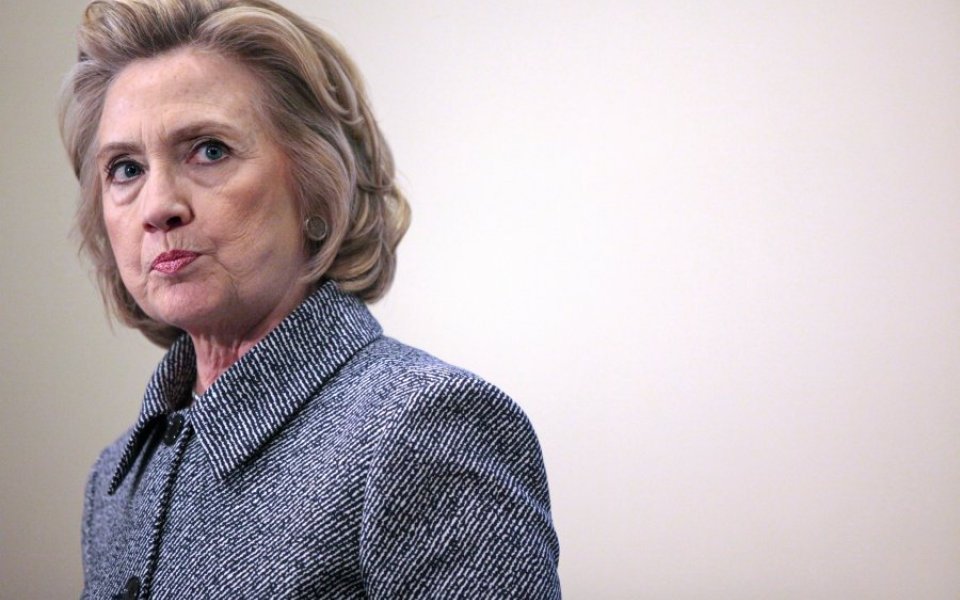US Presidential Election 2016: Does the Super Tuesday rally show Hillary Clinton trumping Donald at the polls?

It’s been a wild start to 2016 for US stock markets, plunging for the first six weeks of the year then turning around in mid-February and kicking off March with a big breakout rally.
The high volatility that started the year has been attributed to a number of factors, one of which may be uncertainty about this year’s US presidential election.
Looking back at US Presidential election results since 1960, the first time a two term limit was reached, stock markets have traded lower during years such as 2016 where there is no incumbent running.
Some might think this is due to a tired, lame duck administration not being as effective, although the bigger risk may be a President rushing to complete their agenda and cement their legacy rushing into bad decisions or deals.
Read more: Why are top Republicans turning on Donald Trump?
Part of the uncertainty surrounding no incumbent election may also be related to questions over what changes the incoming administration may make to government policies. Adding to the uncertainty this year was the question about who the party candidates may be with what looked like close races for both parties.
The Super Tuesday primary and caucus results have done a pretty good job of separating the contenders from the pretenders with Hillary Clinton for the Democrats and Donald Trump for the Republicans each winning 7 states and opening up big leads in convention delegate support.
Unless Ted Cruz, Marco Rubio or Bernie Sanders can pull off several big upsets over the next two weeks when primaries and caucuses are scheduled for another dozen states including Florida, Illinois and Ohio, it looks like the fall’s big battle may be nearly set.
Should current voting trends continue, it’s looking like a classic establishment versus insurgent battle will ensue. Hillary Clinton as a former secretary of state, senator and first lady represents the establishment and continuation of current trends. Donald Trump, political outsider, TV personality and business leader, represents many of those unhappy with the status quo and looking for change.
Read more: Trump’s meteoric rise should surprise no-one
Stock market action so far this year suggests we could be in for a close race and big battle of ideas right down to the wire. The big selloff in January suggested strong discontent with the economy and direction of the country, but the February rebound and 1 March rally suggests that may be blowing over particularly with strong durable goods orders, an upward revision to GDP and rising ADP payrolls suggesting a strong economy that could dampen calls for change.
This is the fourth time that returns for January and February were split between profit and loss which suggests an indecision among traders. In the previous three years this happened – 1960, 1968 and 1980 – voters were clearer, sending the incumbent party packing each time.
While this past experience would seem to favour the Republicans this time around, it would be unwise to count out the Clintons this early on. One of the few times January stock market action didn’t predict the November election winner in January, was 1992 when a positive market favoured President Bush but Bill Clinton scored an upset victory.
So you never know, they could pull it off again, particularly if the economy in 2016 remains stronger than it was in 2008.